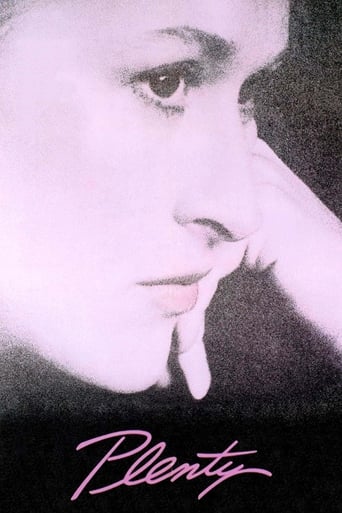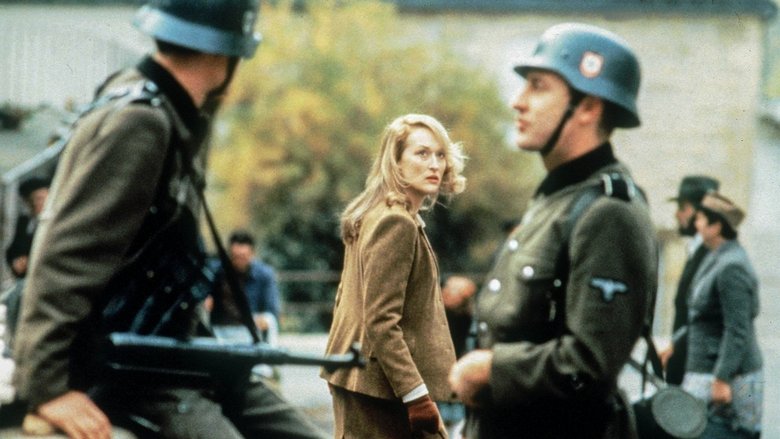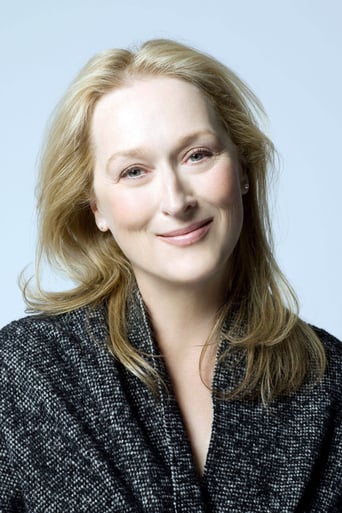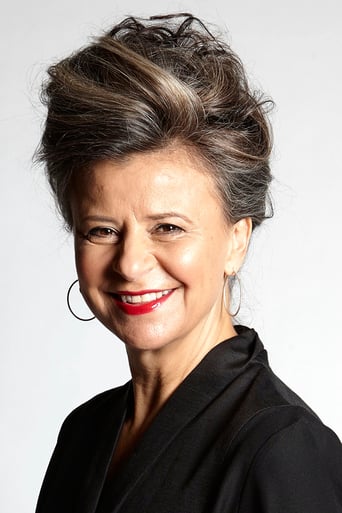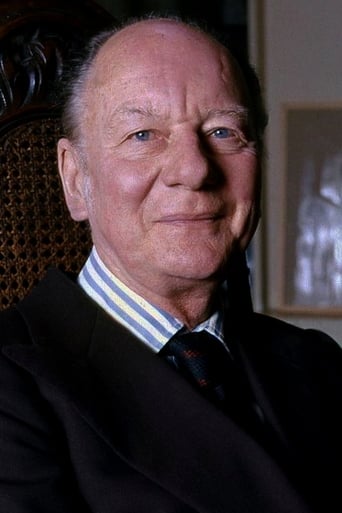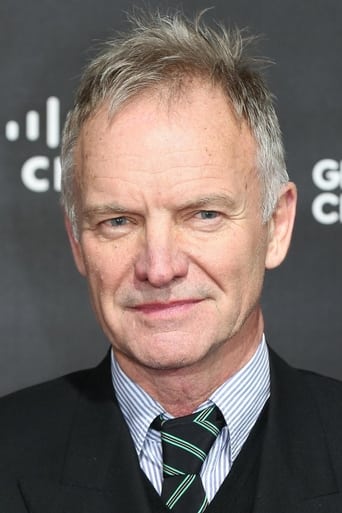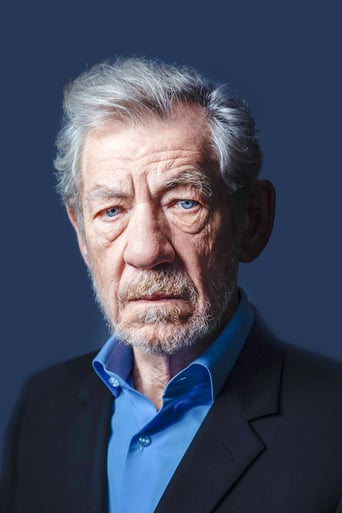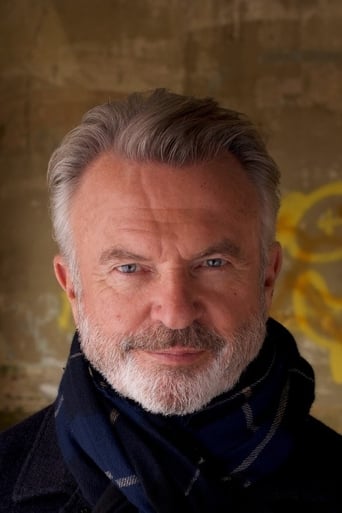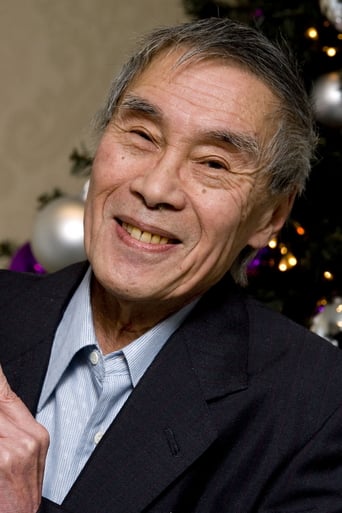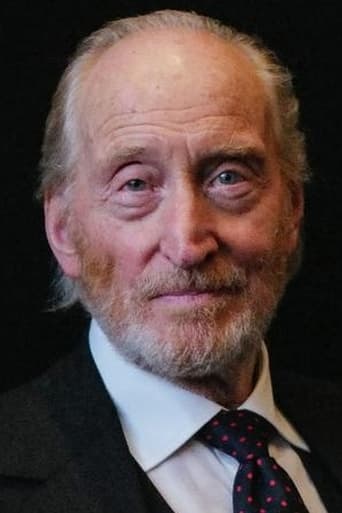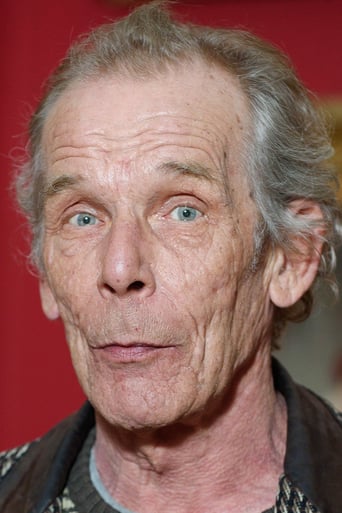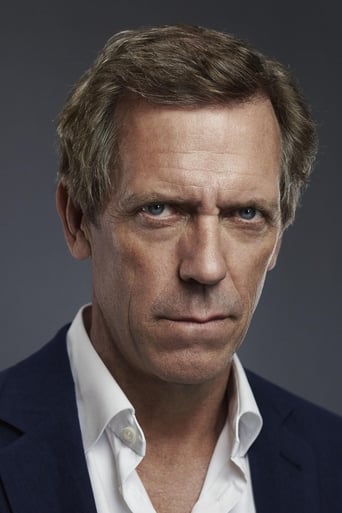David Hare's account of a one-time French freedom fighter who gradually realizes that her post-war life is not meeting her expectations.


Similar titles
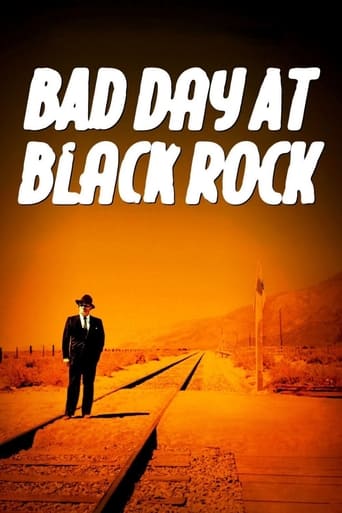
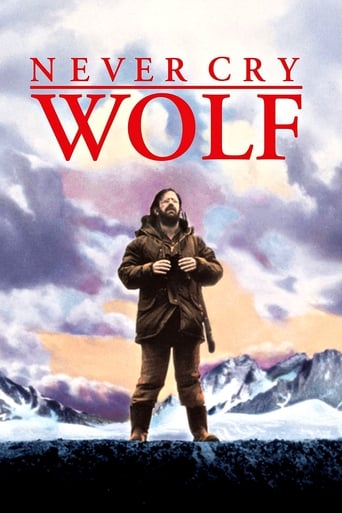
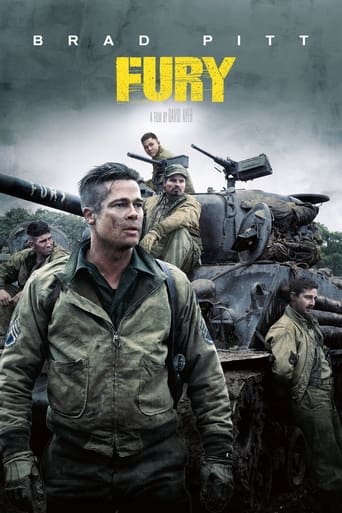
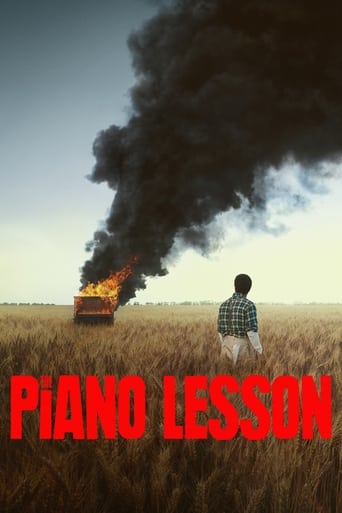
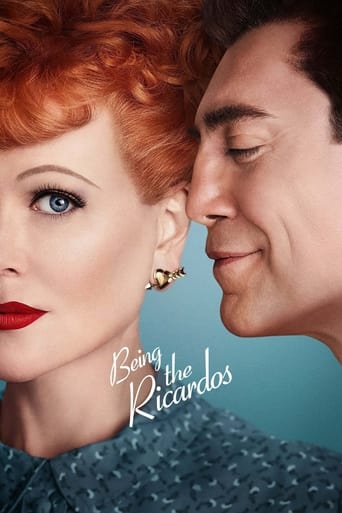


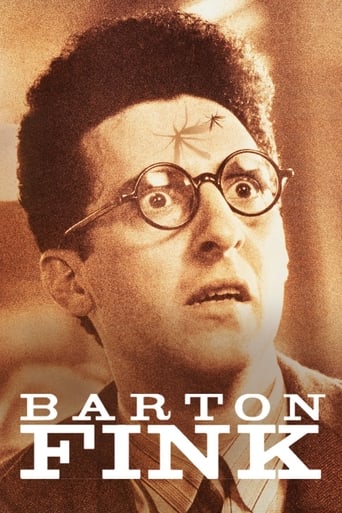
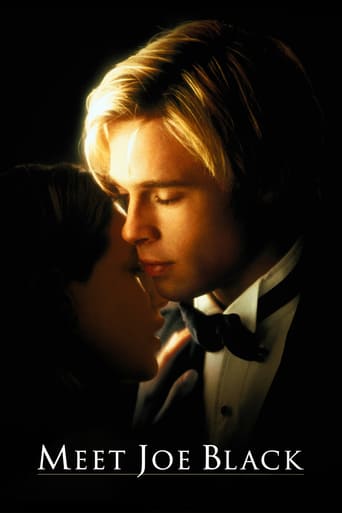
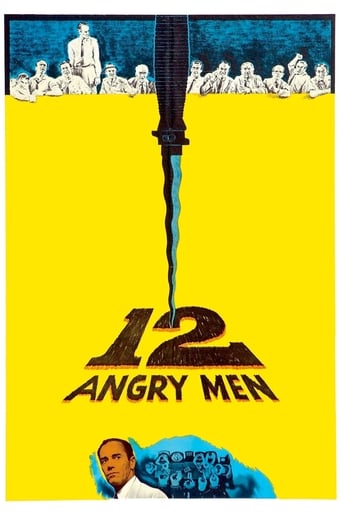
Reviews
I have known this movie now for 30 years. Almost no one I know saw it back in 1985. The one person who did see it didn't understand it, though he tried. His feelings were neutral, but his bewildered description intrigued me. He didn't get what I've got out of it all these years. I find it meaningful in different ways in each phase of my life, Now I see a strong message of the futility of trying to recapture the past, the intensity of the past, or one's youth. There is also a tacit reading of the film that the world grows less interesting over one's life, until one is left in a bland holding pattern. Each frame of the movie stands as a testimony to how much better things used to be, when you were young and feeling things intensely.The most generous thing you might feel about these character is confusion or ambivalence. You do not grow fond of them as the movie proceeds. Some of them are contemptible and/or dysfunctional. There is more to movies than liking the characters. This is a movie for thinking viewers, which were rare in 1985, and now all but gone.The movie is never jejune or coddling as later Streep movies are (Julia and Julia, The Devil wears Prada - weak filmmaking) and that's a testimony to capability of director Fred Schepisi, who seems to only film thoughtful scripts. Schepisi is a criminally underrated director. Schepisi also did good work on A Cry in the Dark, and really excellent work on The Devils Playground. As with all his movies this one is beautifully lensed, and the aspect ratio is very elegant.If anything is wrong with the movie it's that there's too much of the Charles Dance character (the bland, decent, diplomat husband) in it, especially in the last 45 minutes. He's not interesting, doesn't make a very good foil, and in some scenes seems to only exist as a device glue said scenes together.This is hard to track down, but is far better movie than Sophie's Choice, Silkwood, Out of Africa, where Streep played characters with more easily described dilemmas.
Plenty' is one of those films that is difficult to like, even though you may feel obliged to admire it. It represents an allegory of some kind or another, which is something that I read about in a newspaper review. Well, I must have read about it somewhere, because as I was watching it, I didn't understand what it was supposed to be about and needed some assistance when it was all over.The deadly weakness of this film is that Meryl Streep plays a woman that any sensible person in the audience would want to strangle, because she is so completely selfish and bloody-minded. By the end of the film she has become mentally unhinged and I would challenge anyone to feel any sympathy with her plight. It may have been a good career move for Streep to play, at least on paper, such a non-standard type of female character, but for those of us in the audience, it is a bit difficult to make the connection to her. She literally appears out of nowhere at the beginning of the film; she appears to have no family; despite being middle-class to the backbone and having a good job, she is disoriented, mentally unstable and continually whining about how boring life is. She marries a man from the diplomatic service and takes a downward slide towards either schizophrenia or psychosis, I'm not sure which. They move to another country and she remains unhappily sedated for the rest of the film, after attempting to have a relationship with a working class lad and it coming to a bad end, apparently a dilemma indicative, according to many reviewers, of the inability of the post-war Atlee government to organise a truce between the classes in England. Personally, I was not convinced.The supporting cast is actually quite impressive, but they seem to have little purpose other than to stroke Streep's colossal ego. Sam Neill plays her contemporary during the French Resistance; Charles Dance is her sympathetic and put-upon husband, Tracey Ullmann is her best friend (and I didn't envy her the task) and Sting is the working class lad she cons into sleeping with her.I don't mean to sound so smug but I was not convinced by a word of 'Plenty' and disliked the experience. Basically, it's far too cold and cerebral for a commercial venture that has been presumably made to attract an audience. The story, if it could be called that, is contrived, and what the film is meant to be about is obscure. Streep is insufferable in an impossible role and I found the entire thing nasty, unconvincing and totally lacking in any entertainment value whatsoever.
I guess I've seen all of Meryl Streep's movies--even the silly one where her head is on backwards--but I think she was never better than in Plenty. It's basically a story about an English woman who risked her young life working for the French underground during the war and had the highest hopes for the world that would follow after the war ended. The film traces her increasing disgust with what in fact did follow. She takes a succession of jobs--clerk for a shipping company, functionary for QE II's coronation, assistant producer for a TV ad company--while simultaneously married to stiff but devoted British diplomat Charles Dance and intermittently entertained by bohemian Tracy Ullman. Throughout all her disillusionment she hangs on to the memory of a quick affair with an English paratrooper she met in France. A token he gave her becomes the symbol of her hope.Dance is top-notch as her long-suffering husband, trying to cope with her bouts of instability. Gielgud is excellent as Dance's boss, an ambassador trying to cope with British foreign policy. A short encounter between Streep and a Foreign Service bureaucrat, no less than Ian McKellan, is a sterling scene. Throughout the film the dialogue is as sharp as a razor.All in all, I can't think of any film which more pointedly contrasts the drama of the war years with the anti-climax of the post-war years. It gives new meaning to The Best Years of Our Lives.
David Hare's brilliant stage play has been translated beautifully to the screen. The peculiar English trait of natural melancholy radiates throughout this sad exercise of seeing all through the lens of British class consciousness, repression and despair. The color photography, the performances, the stifling framing of the widescreen shots all add to the oppressive beauty of a story about the self-destruction of a preternaturally beautiful woman. Mery Streep has never been better before or since. Hare makes her intellectual acuity a weapon against herself as she sees through all the ghastly pretenses of a corroding Empire. No insight, no beauty of body, no letting go of formality and pretense can save her from herself. Feminism itself is taken to the burning stake as Streep's character thrashes, Hedda Gabbler like, against walls and prohibitions beyond her understanding. Rarely has such condemnation looked so ravishing.
